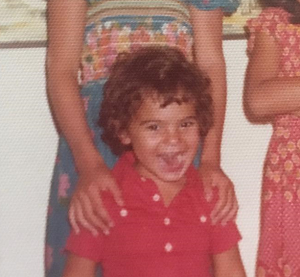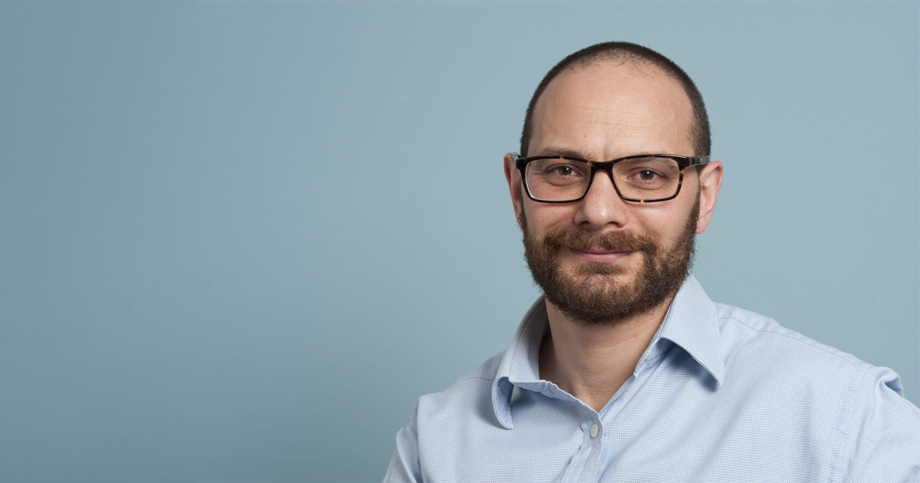I am a GP partner of 23 years in East London and Deputy CEO of Londonwide LMCs.
I am also the son of a market trader and the first doctor in my family.
From the age of 13 until the year I qualified I worked on stalls down the market. This was a rich education, it taught me how to communicate with people from all different backgrounds, how to negotiate, teamworking skills and how to be resilient, all of which I still use today as a GP.
My plan wasn’t always to become a doctor, for a long time through my teenage years I really didn’t know what I wanted to do. My parents always encouraged me to study and I was reasonably academic although poorly motivated so didn’t really think I would be able to get a place at medical school..
It is probably thanks to two key people that I ended up studying medicine and choosing to become an expert generalist GP, rather than any other specialism.
The first influence to shape my decision was my own GP, Dr Rodney Herbert who was also a friend of my parents. I was a home birth in the days when GPs did such a thing, and he was my GP growing up. Rodney was a real old school GP, he knew all his patients, all their families and had everyone’s medical history in his head as barely wrote anything in the medical record. As a result, I saw a very traditional form of general practice where he lived in the area and cared for families. When I decided to leave hospital medicine and go into general practice, it is the practice that he founded that I joined, and I remain there until this day.
 This has resulted in several patients knowing me since I was a baby, and I even had the privilege of having some of my primary school teachers as patients in their later years. There are a number of patients who I knew as children who are now bringing their children to see me and even one family where I have now cared for 4 generations. This continuity and cradle to the grave care is one of the things that makes general practice such a uniquely amazing career as well as bringing huge benefit to patients.
This has resulted in several patients knowing me since I was a baby, and I even had the privilege of having some of my primary school teachers as patients in their later years. There are a number of patients who I knew as children who are now bringing their children to see me and even one family where I have now cared for 4 generations. This continuity and cradle to the grave care is one of the things that makes general practice such a uniquely amazing career as well as bringing huge benefit to patients.
The second person, who was the reason I applied for medicine was my chemistry teacher at Tottenham College, Dr Lenny Parker. I went to Tottenham College to retake my A-levels as I had done poorly the first time around. After my GCSEs, I had changed schools and subsequently lost my motivation for studying.
Dr Parker was of Afro-Caribbean descent, and I remember him telling me a few years after I left the college about his experience due to his ethnicity in not being able to pursue a career in industry due to racial bias. Not withstanding this, he was one of the most enthusiastic and motivating teachers, he made the subject not just interesting but seem simple.
When talking about university options, he was the one that questioned why I was not applying for medicine and encouraged me and gave me the confidence to do so.
I was the only one of my siblings to go to university and the only doctor in the family. My journey from market trader to GP and Deputy CEO at Londonwide LMCs has been built on early encouragement and belief from my parents that I could achieve academically. I also had an amazing role model in Dr Rodney Herbert as to the type of doctor I could become and a key teacher, who not only helped me achieve my academic potential in a subject but provided me with the self-belief that this was attainable. Had it not been for these people, this son of a market trader would never have become a doctor or a GP, serving the community where he was born.
As we look towards the doctors of the future, it is important to consider what our communities need. Academic attainment is of course important but it is also of key importance that we have a diverse workforce, that our doctors come from all communities and continue to be imbedded in the communities they serve.

